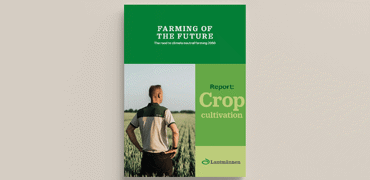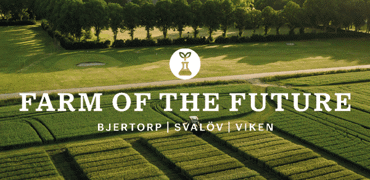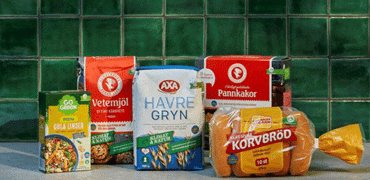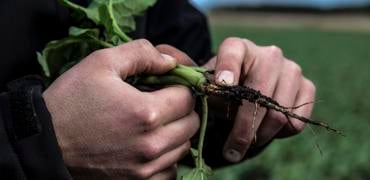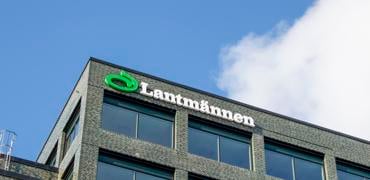Lantmännen Aspen was the company that introduced alkylate petrol to the international market nearly 30 years ago. It is still one of the world's cleanest fuels, which makes it especially suitable for lawnmowers, chainsaws and light machines where the local environment and the user can be exposed to fuel emissions. Now Aspen is taking yet another step and investing in the use of sustainable raw materials when producing the fuel, thereby achieving lower emissions of climate-affecting greenhouse gases.
“It’s important for us to drive the development of more sustainable products in our market area. This is why we're investing in an entirely new technology which can give us even more sustainable fuels hopefully within the near future. What makes it extra interesting is to see how this technology can use waste from the agriculture and forestry sectors", says Claes Alin, CEO at Lantmännen Aspen.
With this new technology pure fuel components can be produced from renewable raw materials such as sugar beet, grain and, looking forward, agricultural and forestry waste. The technology involves ‘feeding’ specially adapted microbes with sugar from, for example, sugar beet, which forms the gas isobutylene. This can then be refined into fuel components.
“The idea is that we raise one of the world's best fuels another notch, and in time intend to use renewable raw materials for our alkylate petrol. Here we can see Global Bioenergies new technology as very promising. As a market leader, we believe it’s our responsibility to lead and drive development towards greater sustainability in the alkylate petrol sector. This collaboration is an exciting step in that direction", says Claes Alin.
Aspen alkylate petrol has contributed to the improvement of working environments for thousands of users since it was launched in 1988. The new collaboration with Global Bioenergies involves Lantmännen Aspen investing in the development of the new technology, and consequently creates new opportunities within the field of alkylate petrol.






